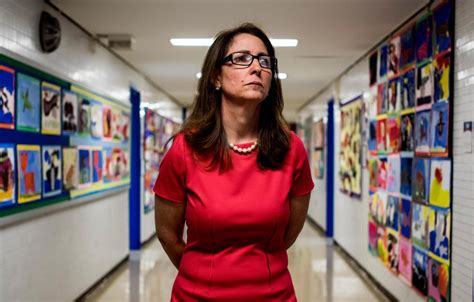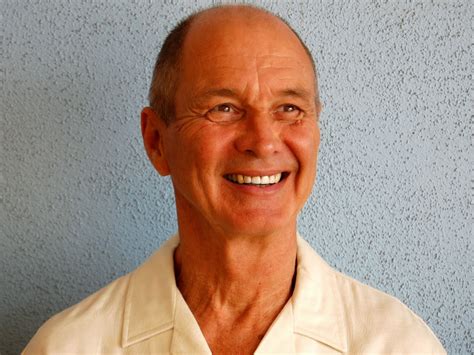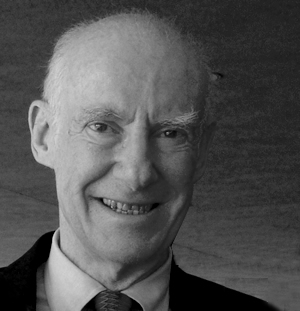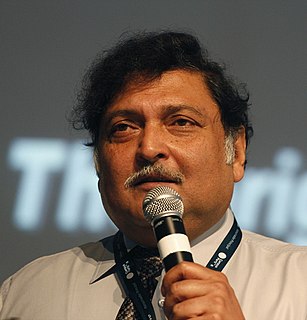A Quote by Eva Moskowitz
One of the biggest reasons that teachers have trouble with student-centered learning is that they have to give over a level of control to the kids. And, when you do that, you can have chaos, or you can have high levels of learning. Often, teachers are afraid of the chaos.
Related Quotes
Differentiated Instruction is a teaching philosophy based on the premise that teachers should adapt instruction to student differences. Rather than marching students through the curriculum lockstep, teachers should modify their instruction to meet students' varying readiness levels, learning preferences, and interests. Therefore, the teacher proactively plans a variety of ways to 'get it' and express learning.
Will robot teachers replace human teachers? No, but they can complement them. Moreover, the could be sufficient in situations where there is no alternative––to enable learning while traveling, or while in remote locations, or when one wishes to study a topic for which there is not easy access to teachers. Robot teachers will help make lifelong learning a practicality. They can make it possible to learn no matter where one is in the world, no matter the time of day. Learning should take place when it is needed, when the learner is interested, not according to some arbitrary, fixed schedule
DonorsChoose was conceived at a Bronx public high school where I taught social studies for five years. In the teachers' lunch room, my colleagues and I often lamented a problem that drained learning from students and creativity from teachers: a lack of funding for essential materials and for the activities that bring subject matter to life.
In many places, classrooms are overcrowded and curricula are outdated. Most of our qualified teachers are underpaid, and many of our paid teachers are unqualified. So we must give every child a place to sit and a teacher to learn from. Poverty must not be a bar to learning, and learning must offer an escape from poverty.
I think [testing] has had a profoundly problematic impact on student learning. It must seem to students that their worth as individuals is equivalent to their test score. The stress the high stakes culture has on teachers is also highly negative and must surely impact students in a negative way. It also de-professionalizes teachers because it encourages them to be script readers, followers of rigid schedules, and to disregard the needs of the people they teach in favor of the scripts and schedules.

































